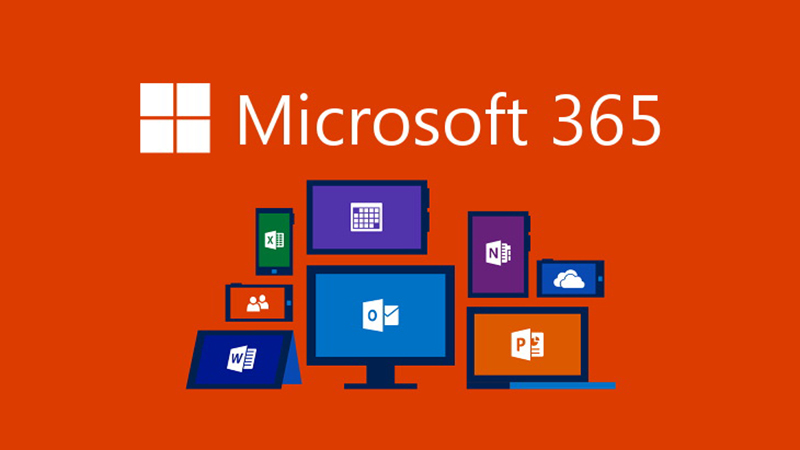In August 2021 Microsoft announced that a new subscription model for Microsoft Office 365 and a separate price increase to take effect from 1st March 2022.
These changes affect all business Microsoft 365 customers except for education, charities, students, and consumers.
Contract Length and Cancellation Rights
Whilst the current subscription is a 12-month contract there has been an option to reduce licence count or cease subscription completely during the contract period. This option will be removed and at the outset customers will need to choose between the flexibility of a month contract or a 12-month contract (or longer).
It will be possible to mix contract types so permanent staff could be on 12-month licences and temporary staff on 30-day licences. There will be a price difference between the two durations. There is a 36-month term available where customers wish to lock in the price for a longer period.
Cancellation rights will be restricted to a 72-hour window from time of ordering after which the contract period will be locked into the duration ordered. Additional licence orders for the same contract period will have the same contract end date. Licence reduction billing changes will take effect at the end of the specified contract term.
Price increases
Increases have been announced for many of the Microsoft Business and Enterprise subscriptions, the most common are shown here:
| Subscription | Current Monthly | New Monthly | New Monthly | Annual |
| Contract length | 12 months | 30 days | 12 months | 12 months |
| Microsoft365 Business Basic | £3.80 | £5.40 | £4.50 | £54.00 |
| Microsoft365 Business Standard | £9.40 | £11.28 | £9.40 | £112.80 |
| Microsoft365 Business Premium | £15.10 | £19.92 | £16.60 | £199.20 |
| Office365 E1 | £6.00 | £9 | £7.50 | £90.00 |
| Office365 E5 | £17.60 | £24.24 | £20.20 | £242.40 |
| Microsoft 365 E3 | £30.80 | £40.08 | £33.40 | £400.80 |
If you do not contract your licences for 12 months or longer the monthly contract prices will apply.
Prices correct as of 28th February 2022.
All prices are subject to VAT @ current rate.
How to Reduce your Microsoft Licence Costs
Ensure licences are issued to named individuals, review any cases where an individual has multiple licenses of the same product as it may be possible to consolidate, and different email address can be allocated to the same user using aliases.
Remove licences for staff who no longer work for the business or do not require an active licence,
retired mailboxes can be converted to shared folders and the licence removed.
Review licence type allocated to each user. Business Basic provides online version of apps, if user does not need to instal apps on their PC consider downgrading Standard to Basic.
Unused or freed up licences can be reissued to another user.
You do not need a Microsoft licence to only send email from a program or other device, for examples if you wish to send out email monthly bulletins to customers and any replies would go to an existing user, the sending device does not need a separate licence.
Users outside your organisation do not usually need paid licences unless you wish them to have the apps and/or access to your business email accounts.
Administrator logins do not need a paid licence, create separate admin logins for users, different to their day-to-day user licence.
Microsoft 365 does not include a backup service, always keep a backup of important data.
If you are an education organisation, charity, student, or consumer switch to the aligned product type to benefit from legacy pricing and reduced costs.
Enterprise customer may be able to benefit from negotiated rates.
Plum Communications can provide you with a review of your licences and suggest the most suitable options for you.
For more information on the changes and how they will affect you please contact Plum Communications.
Microsoft 365 – Business Communications – Plum Communications

